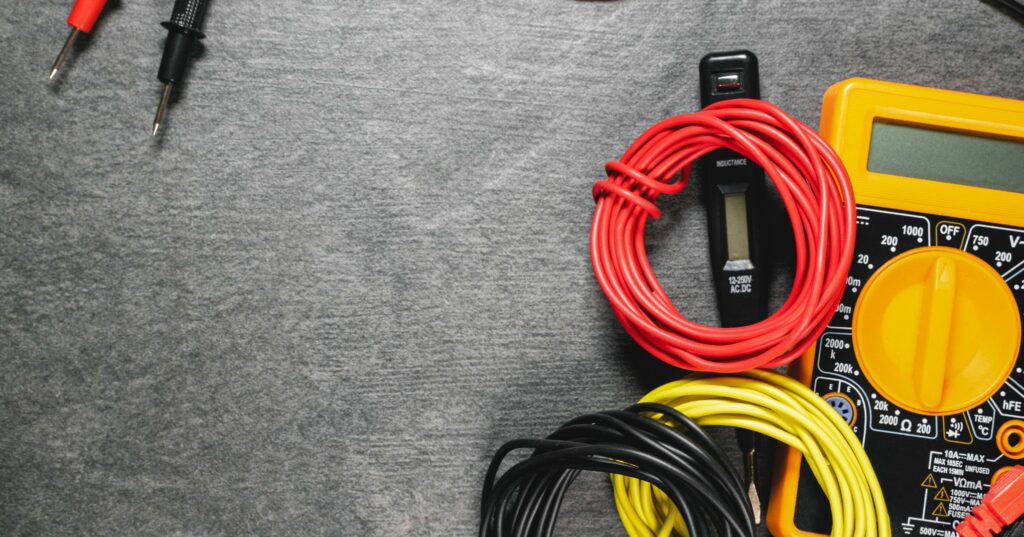How to Prepare Your Home for an Electrical Renovation

Electrical safety is paramount in every home. Proper understanding and implementation of safety measures can prevent accidents, injuries, and even fatalities. Here are some essential electrical safety tips for homeowners.
1. Understand Your Electrical Panel
Your electrical panel is the heart of your home’s electrical system. Familiarize yourself with its components and know how to shut off the power in an emergency. Label each circuit breaker for quick identification.
2. Inspect Your Electrical System Regularly
Regular inspections can help identify potential hazards before they become serious problems. Look for frayed wires, loose outlets, and signs of overheating, such as scorch marks or a burning smell.
3. Use Extension Cords Wisely
Extension cords are a temporary solution and should not be used as permanent wiring. Avoid overloading them and never run them under rugs or furniture where they can overheat or become damaged.
4. Install Ground Fault Circuit Interrupters (GFCIs)
GFCIs protect against electric shock by shutting off power if they detect an imbalance in the electrical current. Install them in areas where water and electricity are in close proximity, such as kitchens, bathrooms, and outdoor locations.
5. Childproof Your Outlets
If you have young children, install tamper-resistant outlets or use safety covers to prevent them from inserting objects into the sockets. Educate your children about the dangers of electricity.
6. Avoid DIY Electrical Work
While minor tasks like changing a light bulb are safe, more complex electrical work should be left to licensed electricians. Improper installations can lead to serious safety hazards and code violations.
7. Unplug Unused Appliances
Unplugging appliances when they are not in use can prevent electrical fires and save energy. This is particularly important for high-wattage devices like space heaters and irons.
8. Maintain Appliances and Tools
Regular maintenance of your electrical appliances and tools ensures they operate safely and efficiently. Check cords and plugs for damage and have them repaired or replaced as necessary.
9. Be Cautious with Water
Electricity and water are a dangerous combination. Keep electrical devices away from water sources, and never handle electrical appliances with wet hands.
10. Know When to Call a Professional
If you experience frequent circuit breaker trips, flickering lights, or any other signs of electrical problems, it’s time to call a professional electrician. They can diagnose and fix issues safely.
Conclusion
Implementing these electrical safety tips can help protect your home and family from electrical hazards. Always prioritize safety and seek professional assistance when needed. Contact us today for all your electrical needs.
